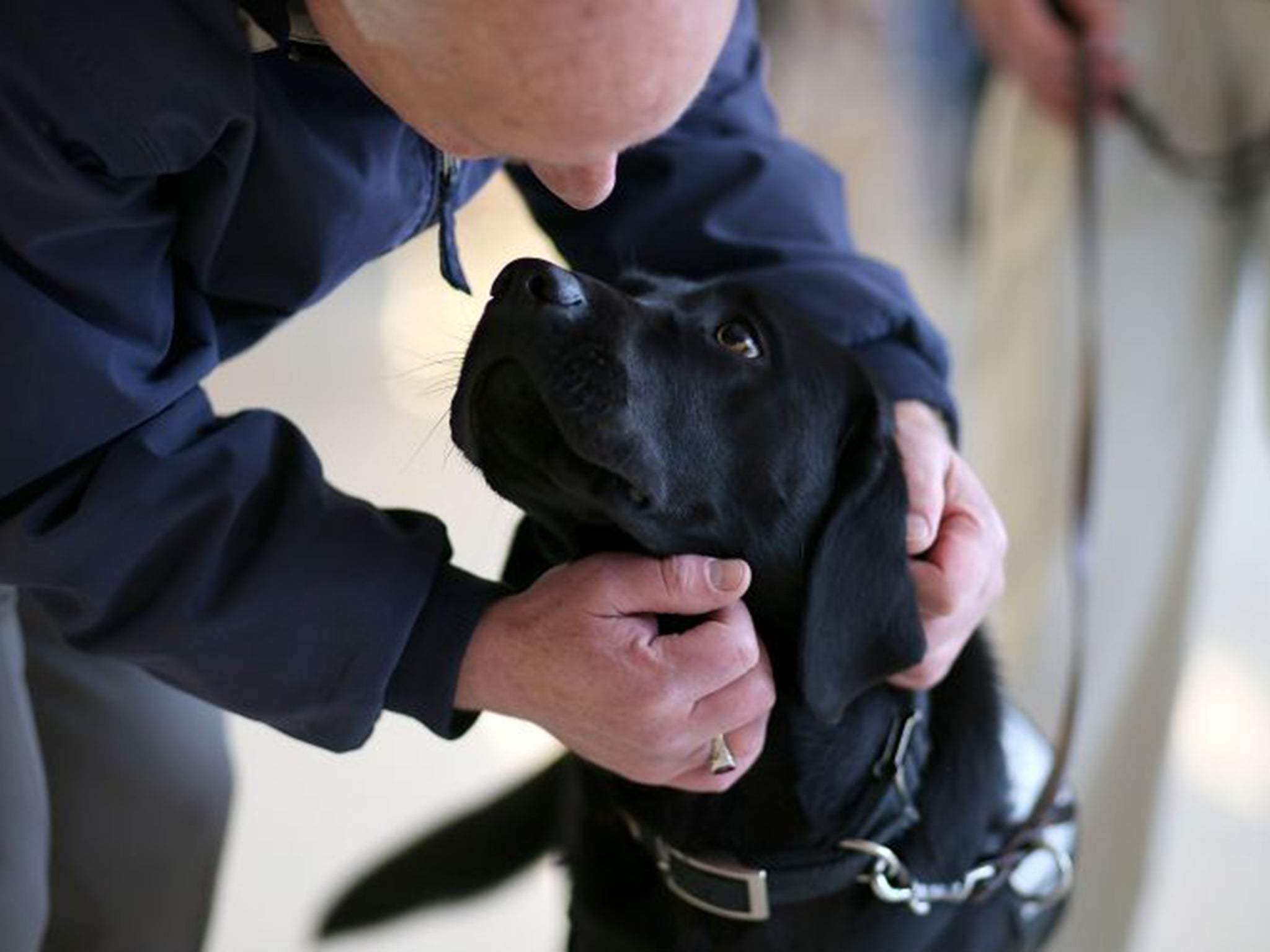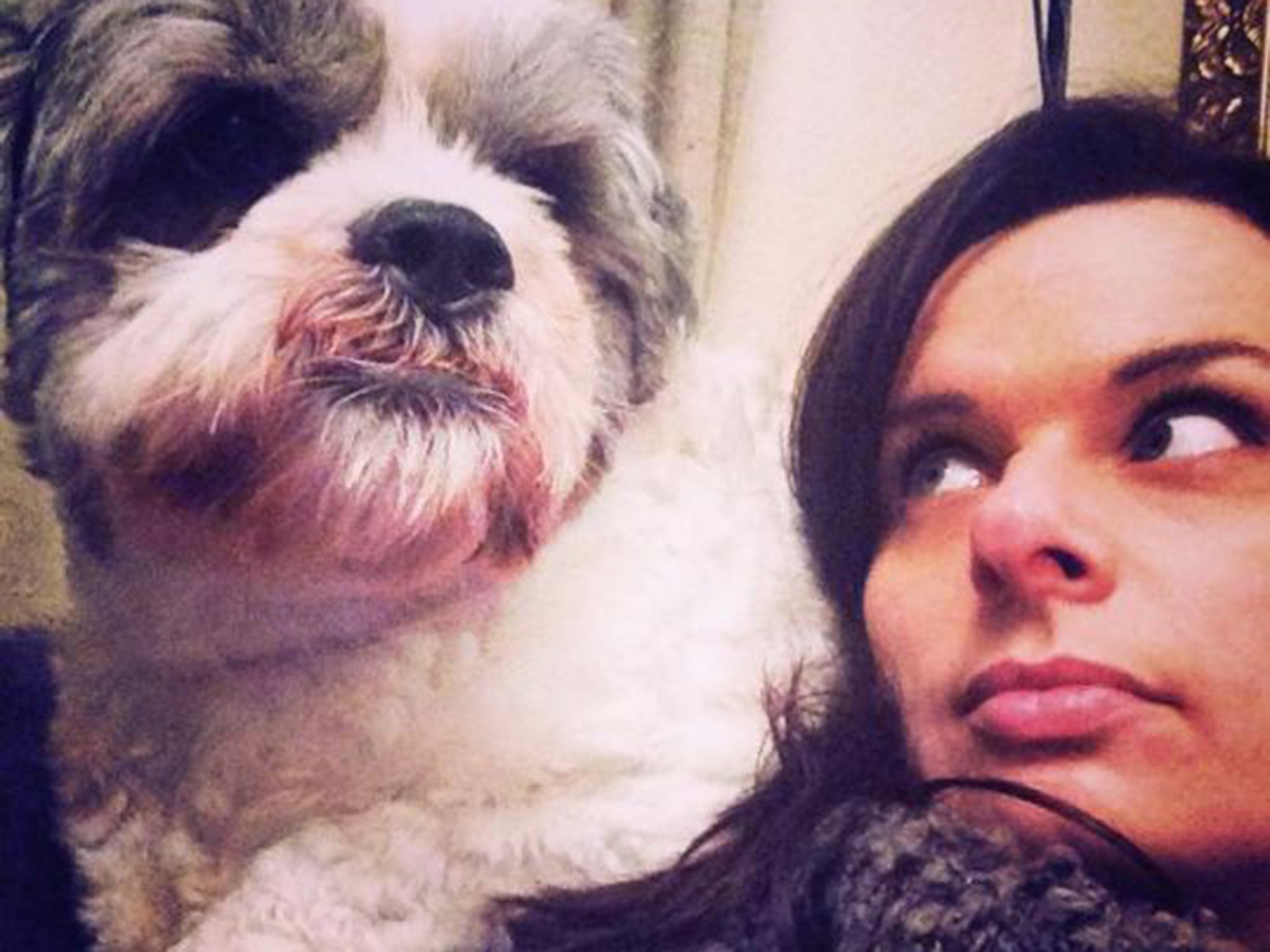Pet dogs are much more likely than cats to be insured by their owners
One in four of man's best friends have pet policies

Your support helps us to tell the story
From reproductive rights to climate change to Big Tech, The Independent is on the ground when the story is developing. Whether it's investigating the financials of Elon Musk's pro-Trump PAC or producing our latest documentary, 'The A Word', which shines a light on the American women fighting for reproductive rights, we know how important it is to parse out the facts from the messaging.
At such a critical moment in US history, we need reporters on the ground. Your donation allows us to keep sending journalists to speak to both sides of the story.
The Independent is trusted by Americans across the entire political spectrum. And unlike many other quality news outlets, we choose not to lock Americans out of our reporting and analysis with paywalls. We believe quality journalism should be available to everyone, paid for by those who can afford it.
Your support makes all the difference.The phrase “man’s best friend” has perhaps a ring of truth, as dogs are much more likely to be insured by British pet-owners than their cat companions, new research has revealed.
Around 2.4 million out of an estimated population of nine million are covered, according to figures from the Association of British Insurers (ABI) – meaning about one in four have policies taken out for them.
However, only 1.2 million cats from an estimated population of 7.9 million – around one in six – are insured, the research found.
Insurers are also providing cover for more than 250,000 other pets, such as horses and rabbits, and exotic animals, such as snakes, the ABI said. It added that UK firms paid out a total of £602m worth of claims in 2014 – the most since records began in 2007.
That was up nearly 15 per cent on the previous year, that is the equivalent of payments worth £1.65m a day, they said.
Without pet insurance, PR executive Sally Windsor is convinced her shih-tzu cross, Ralph “would not be alive today”.
He was run over when he was a puppy and, she said, there was no way she would have been able to afford the thousands of pounds required to treat his shattered vertebrae and other injuries he sustained in the crash.
“It was the worst moment of my life,” said the 35-year-old from Crawley. “I couldn’t get his lead on in time and he ran out underneath a car which crushed him with all four wheels. The insurance was a lifesaver.”
She added that she had only taken out the policy two weeks before the accident and, despite a number of claims since the accident, premiums had only risen slightly.

Others such as Lisa Thorp, who took out pet insurance on her Shetland sheepdog Brodie, had not had such a positive experience.
“I paid out a lot, but when he developed a tumour, the insurance company said he had a pre-existing condition which invalidated the policy,” said the 42-year-old account manager from Tyldesley, Lancs. “This was despite my vet writing to them to make it clear this was not the case.
“They put pictures of nice fluffy animals on their websites and pretend to be animal lovers,” she added. “But the reality is that they play on your insecurities to get you to take out a policy and then try to wriggle out of paying.”
Cat owner Marie Hall also felt pet insurance was “an unnecessary expense” because she says the creatures were “more independent than dogs” .
“We let them out and sometimes we won’t see them for days,” said the 37-year-old mother of three, from Bolton. “They only come back when they want feeding or when it’s raining and I’m confident they’ll be fine when they’re not here.”
Paying an insurance premium, would be like dead money that could be better used elsewhere, she said.
Despite the reluctance of some, insurers are paying out on claims, including a kitten that needed to have its stomach pumped and was treated with antibiotics after falling into a toilet.
Join our commenting forum
Join thought-provoking conversations, follow other Independent readers and see their replies
Comments